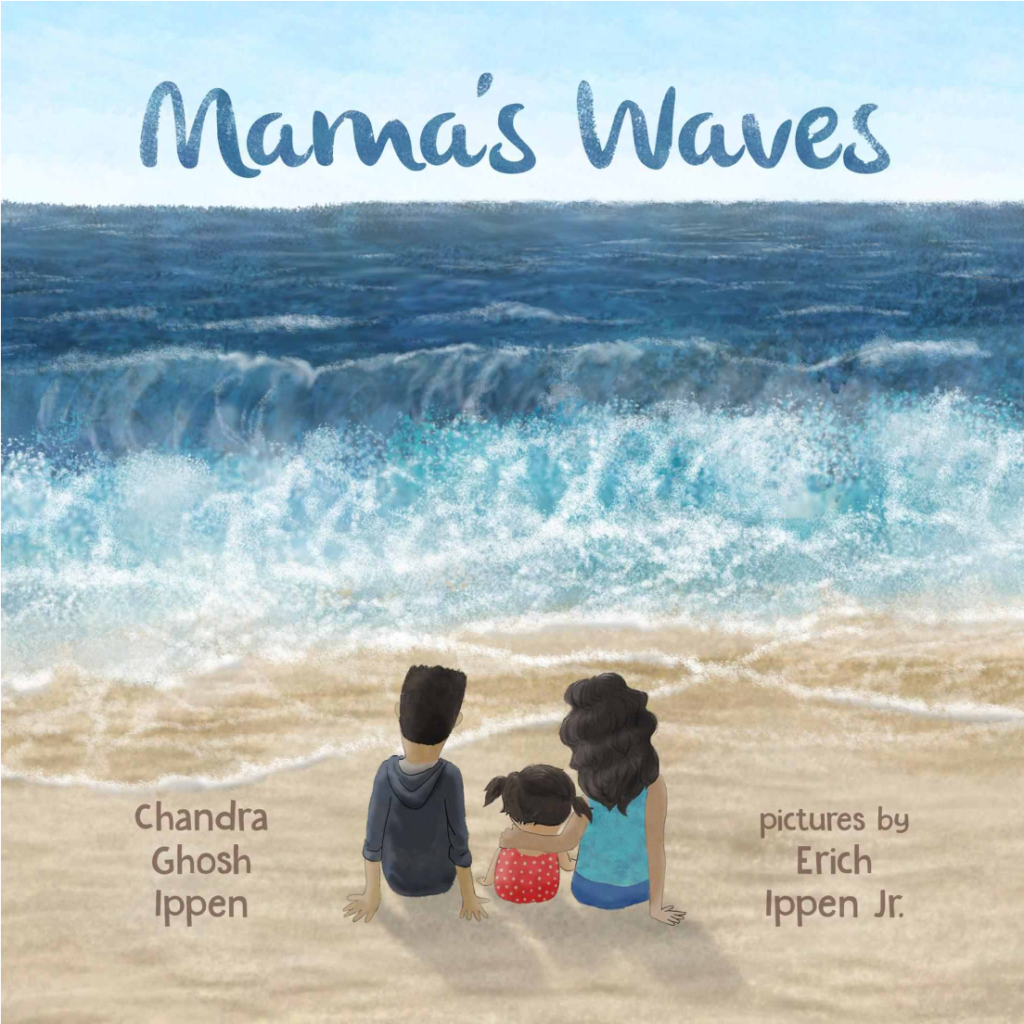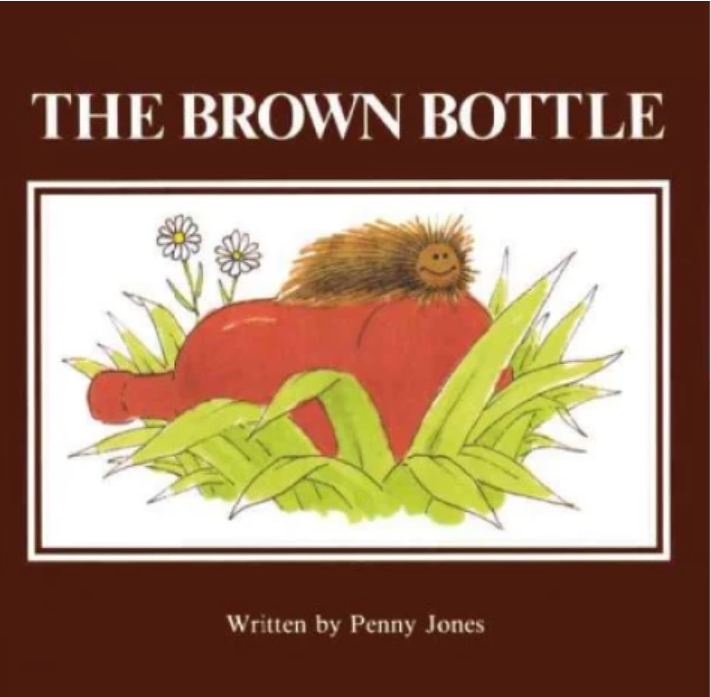Tough conversations for humans of any age. Unfortunately, many children have to deal with someone close struggling: a parent, grand parent, caretaker, relative or a friend. These books are written for children directly impacted by addiction. However, the reality is this is everywhere and openly obvious to children that there is something different and troubling about those seen fighting substance abuse. Homelessness on the streets, ambulances and paramedics attending to victims of overdose in public places and constant coverage in media make it impossible for children to avoid exposure. For parents who feel they have a child that is able to process this deep subject matter, it may prove beneficial to address it before it becomes more confusing and problematic to explain. These books may help a “soft landing” for a heavy theme.
This page may contain affiliate links
Written by Chandra Ghosh Ippen, Illustrated by Erich Ippen, Jr.
Ellie Bean is a small girl who is under the care of an adult who is not her mother. Miss K is a patient and loving person who is committed to helping this child through abandonment issues we are led to believe result from mental illness and/or substance abuse. The theme is that despite a mother who is unable to be there for her daughter, adults in her life act as proxies to support her and help her manage through this difficult and heartbreaking fact of life.
While ostensibly written as an aid for children directly suffering from this or similar circumstances, the book is beautifully written and flows well. The art is simplistic and appealing to an age group range of 3 to 5 and is professionally done. This book would provide insight to other children who may be fortunate enough live without this terrible burden, but may be exposed by way of friends or extended family.
Published by indie press Piplo Productions, a family firm it seems, it makes my list of recommended reads for smart kids.
Written by Penny Jones
Charlie is a caterpillar living the normal caterpillar life and awaiting the “The Promise”, which is the metamorphosis. Charlie in particular looks forward to this future. One day he happens upon a brown bottle and crawls in. Encountering some alcohol residue, Charlie becomes intoxicated and feels wonderful. Eventually, he experiences the slow degradation associated with alcohol dependence until he decides to listen to the bottle and skip the journey to “The Promise” while his friends implore him to join them as winter falls.
The winter is hard and Charlie no longer feels the warmth and security of the bottle. Instead he feel pain and regret. As spring arrives with the new generation of butterflies, Charlie dies alone in the bottle.
This is a children’s book and address the layers and phases of the path to alcoholism, but I feel the audience would need a frame of reference to fully appreciate the language and metaphor used here. For example, it uses the word utopia to describe the feeling at the bottom of the bottle. This is for kids with advanced vocabularies as well.
The book is published in 1983 by Hazelden Publishing, which is a niche publishing house specifically targeting substance abuse understanding and recovery.
On Amazon

